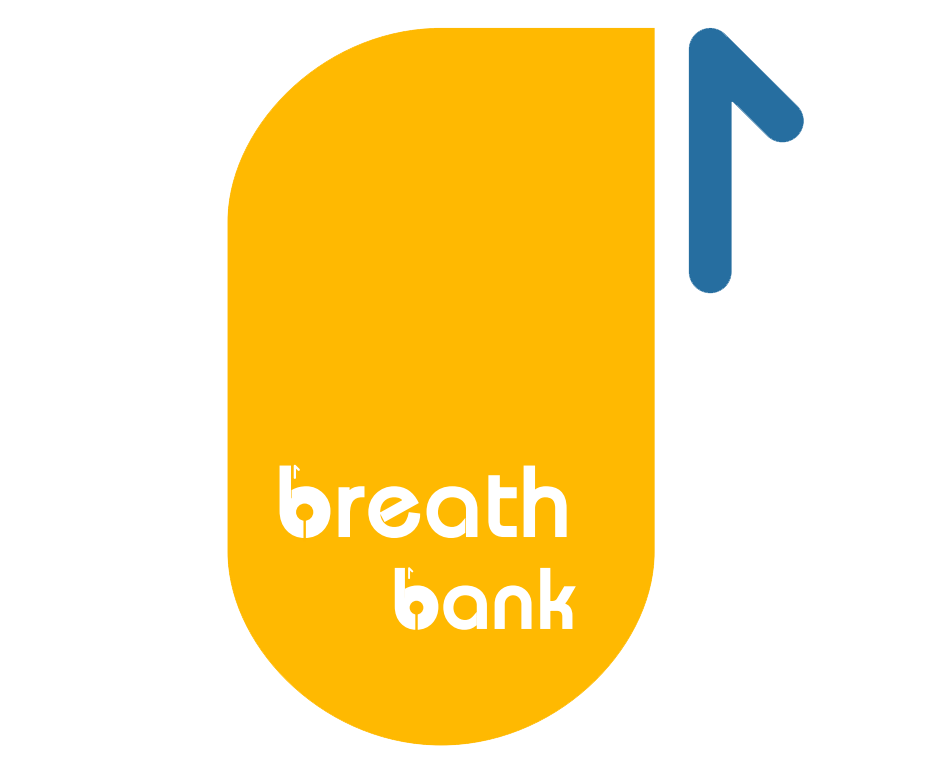What is insomnia?
Insomnia refers to a type of sleep disorder.
If you live with insomnia, you may:
find it difficult to fall asleep, stay asleep, or both
wake up from several hours of sleep not feeling refreshed
experience fatigue and difficulty functioning throughout the day
Quality sleep plays an important role in overall well-being. Not getting the sleep you need on a regular basis can have a pretty big impact on mental and physical health, not to mention quality of life.
about a third of all adults report some insomnia symptoms
6 to 10 percent of adults have symptoms severe enough to meet the diagnostic criteria for insomnia disorder
Insomnia symptoms
You can typically recognize insomnia by the following symptoms:
waking too early and finding yourself unable to fall back asleep
spending a lot of the night lying awake, worrying you won’t fall asleep
a consistent pattern of interrupted or broken sleep that doesn’t refresh you
trouble falling asleep after going to bed
As a result, you might begin to experience other symptoms related to lack of sleep, including:
fatigue
irritability and other mood changes
difficulty concentrating or remembering things
Types of insomnia
Experts describe insomnia in a few different ways, depending on its specific characteristics:
Acute insomnia refers to short-term sleeping difficulties that generally last no more than a few weeks.
Chronic insomnia refers to insomnia that affects your sleep for 3 or more days each week on a regular basis, typically for a period of 3 months or longer.
Onset insomnia describes difficulty falling asleep. Trouble getting to sleep might happen as a result of caffeine use, mental health symptoms, or other common insomnia triggers, but it can also develop with other sleep disorders.
Maintenance insomnia refers to trouble remaining asleep once you get to sleep, or consistently waking up too early. This type of insomnia might relate to underlying health and mental health symptoms — but lying awake and worrying you won’t get enough sleep can make it worse.
Behavioral insomnia of childhood involves consistent trouble falling asleep, refusing to go to bed, or both. Children with this condition often benefit from learning self-soothing strategies and following a regular sleep routine.
Insomnia can also be primary (idiopathic) or secondary (comorbid).
Primary insomnia doesn’t stem from any clear cause or existing health or mental health condition. Secondary insomnia, in contrast, relates to underlying causes, including:
chronic pain or illness
mental health conditions like depression or anxiety
shift work
certain medications
Insomnia causes
Typically, the type of insomnia you experience has a lot to do with the underlying causes of insomnia.
Possible causes of acute insomnia, for example, might include:
stress
an upsetting or traumatic event
changes to your sleep habits, like sleeping in a hotel, new home, or with a partner for the first time
physical pain or illness
jet lag
certain medications
Chronic insomnia can occur on its own or as a result of:
chronic pain conditions, such as arthritis or back pain
psychological issues, such as anxiety, depression, or substance use disorders
sleep apnea and other sleep disorders
health conditions such as diabetes, cancer, gastroesophageal reflux disease (GERD), or cardiovascular disease
Risk factors for insomnia
Insomnia can affect people of any age or sex, though it most commonly develops in:
older adulthood
just before, during, and after menopause
Risk factors associated with insomnia include:
high levels of stress, which might relate to life challenges, financial difficulties, or family and relationship concerns
traveling to different time zones
a sedentary lifestyle
varying sleep-wake times or an irregular schedule, which might happen with frequent changes in work hours or shift work
taking naps
drinking a lot of caffeine
alcohol and tobacco use
difficulty winding down at bedtime


